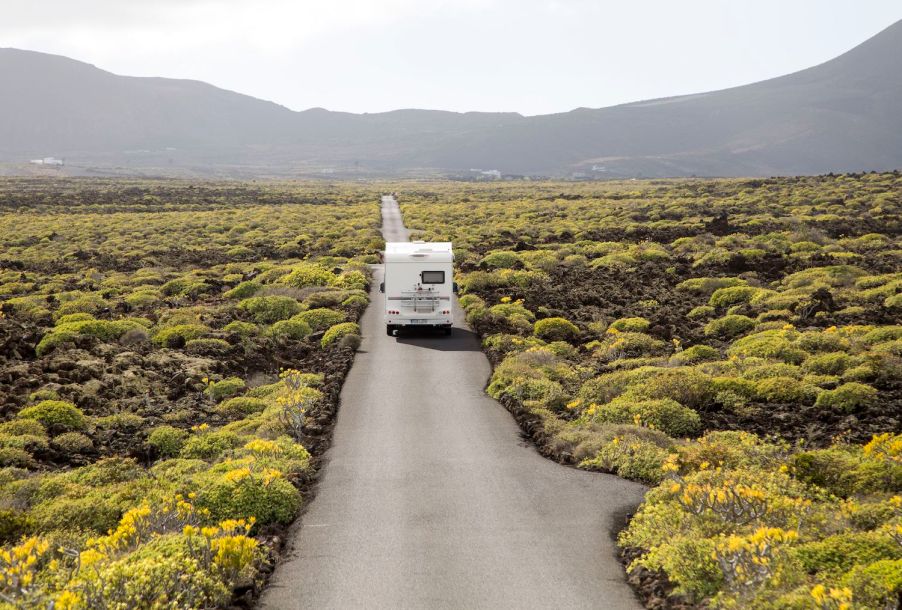
Is Buying a Diesel RV Worth It?
Which is better, a gas-powered RV? Or a diesel RV? If you’re a first-time RV buyer, this question might be weighing you down. Fortunately, we have the answers you need to make an informed buying decision.

What’s the difference between a gas and diesel RV?
There are a few key differences between a gasoline-powered RV and a diesel RV. Perhaps the most obvious difference is that a gasoline-powered RV is powered by, well, gas. And a diesel RV? You guessed it. It’s powered by diesel. But, as you might have expected, there are plenty of other differences between the two too.
According to RV Life, the second biggest difference between diesel RVs and their gasoline-powered counterparts is the price. RV Life reports that typically diesel RVs are more expensive. But, RV Life added, for that extra spend, you get an RV with a much longer life and a higher resale value.
There’s also a difference in terms of power and capabilities. Because diesel engines have more torque, you can expect a diesel RV to maintain its speed during a climb better than its gas counterpart. You can also expect a diesel RV to be more fuel-efficient than a gas-powered RV.
How long will a diesel RV last?
But will a diesel RV outlast a gas one? As it turns out, it might. According to RV Life, “A rig with a gas engine will probably need to be replaced after 150,000 to 200,000 miles, while a rig with a well-maintained diesel engine will still be fully functional after 400,000 miles or more.” Pretty impressive, right? We thought so too.
Unfortunately, it’s not quite that simple. If you want your diesel RV to last upwards of 400,000-miles, it’s going to take some effort. Go Downsize reports that when it comes to your RV’s longevity, you’re going to want to take good care of it. That means keeping up with your RV’s specific maintenance needs.
Questions you should ask yourself
Here’s the thing, just because a diesel RV will be better at conquering hills, more fuel-efficient, and will likely last longer than a gas RV, that doesn’t mean you should buy one for yourself. In fact, there are some pretty good reasons not to buy one at all. So before making your decision? Ask yourself these questions.
First, consider how much you’re willing to pay for your RV. Because according to Camping World, gas RVs are both less expensive to buy and less expensive to maintain. Not only are the parts and labor needed to maintain a gas RV less specialized than those meant for a diesel one but Camping World reports that it’s also easier to find places to service gas RVs.
Also, ask yourself what type of RVing you plan to do. Do you foresee yourself heading into the mountains? Or do you plan on sticking to flat land and sandy beaches? If that’s the case, then buying an RV with a diesel engine may not actually be worth it for you.
Is it worth buying a diesel RV?
Maybe. Really, this one comes down to personal preference. Sure, diesel RVs are more fuel-efficient and are better at climbing hills. You can expect one to last an impressively long time too. But they’re also expensive to buy and expensive to maintain. So before making your final decision? You’re going to want to weigh your options.



